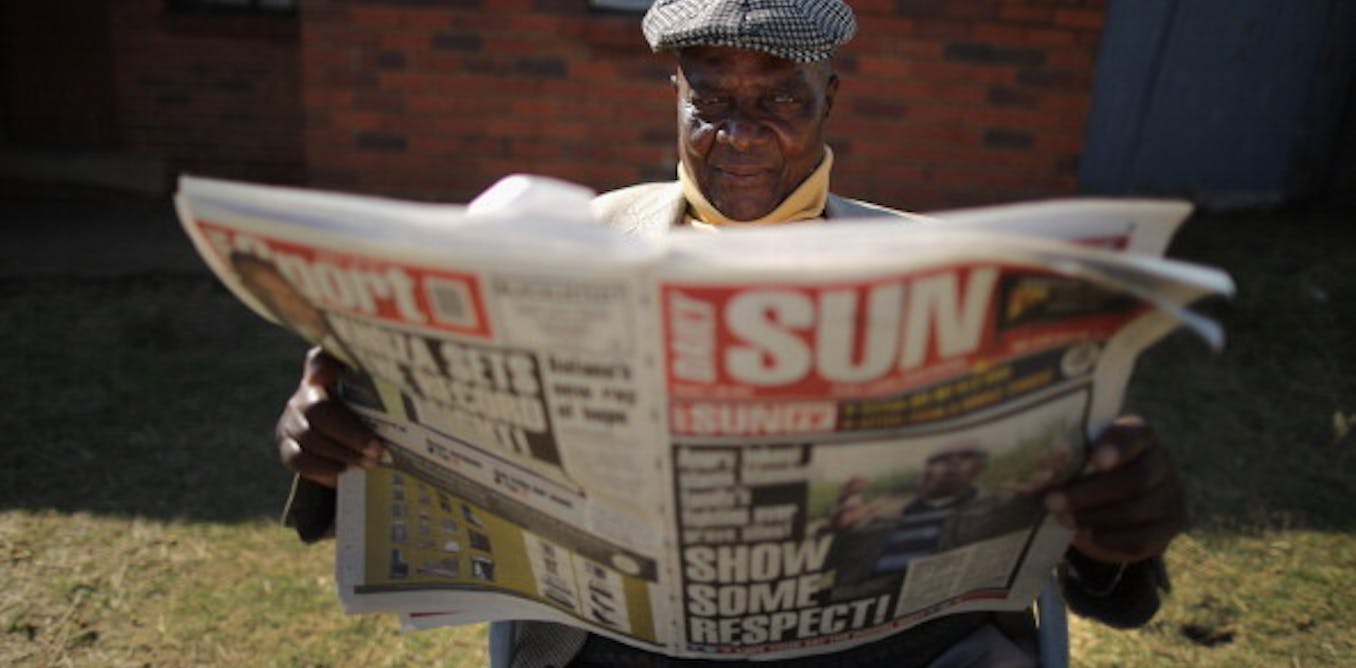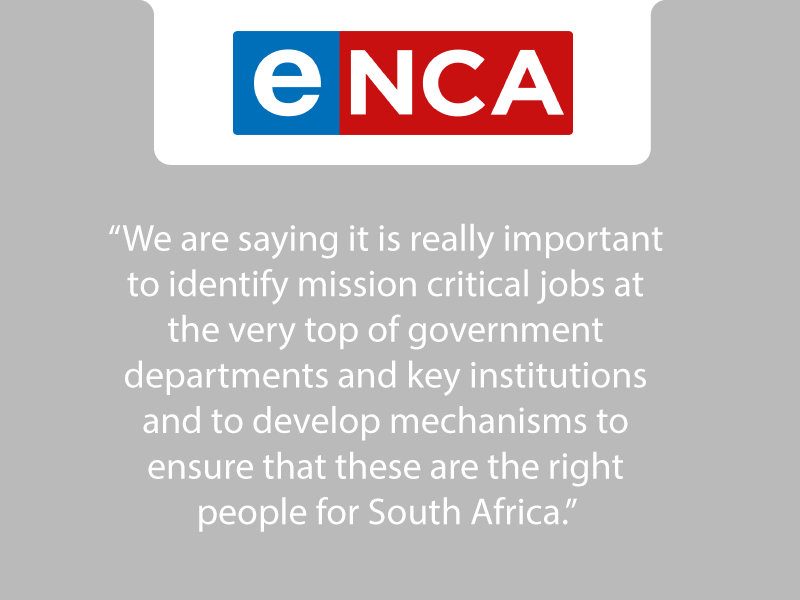South African Current Events for Dummies
South African Current Events for Dummies
Blog Article
Not known Details About South African Current Events
Table of ContentsFascination About South African Current Events9 Simple Techniques For South African Current EventsNot known Facts About South African Current EventsThe smart Trick of South African Current Events That Nobody is DiscussingFascination About South African Current Events
The Limpopo Mirror is published in Louis Trichardt, a community in the north of South Africa's Limpopo province. Image: Anton van Zyl This week the Competitors Compensation is probing just how on-line information is impacted by AI chatbots, search and advertising modern technology. The result of the hearings is essential for the future of news coverage in South Africa.
Memberships and sales of specific duplicates were typically indicated to cover this, yet the real cash was marketing - and for some magazines, like the Cape Argus in Cape Community, the classifieds. South African current events. The marketers sponsored the information, whether in a nationwide daily, or a little regular paper distributed in a rural community
Arounds this earnings spent for the press reporter to attend the monthly council meeting, cover school events and check out the court to discover that could have wound up on the wrong side of the legislation. Consider example the Limpopo Mirror, a regular newspaper published in Louis Trichardt which one of us, Anton, has.
The price of printing was about 15% to 20% of our turn over. The advertisement loading (the portion of area devoted to advertising as opposed to news) was between 50% and 60%.
Some Of South African Current Events
The decrease in marketing causes less pages in the newspaper, and much less space for newspaper article. As the web came to be significantly preferred, newspapers began releasing their tales online, normally free. Limpopo Mirror was among the very first papers in the nation to publish a web site with once a week news updates.
In the beginning a lot of us were driven by trial and error and the thrill to be early adopters so we didn't lose to the competition. There was no sensible business design. Adverts were unusual and it took a while prior to this came to be the major way people read their news.
Fascination About South African Current Events
It was practical, immediate and usually totally free, specifically as the price of data dropped. At the exact same time, purchases of published papers began to decline. A few examples: In 2006 the Sunday Times was the biggest weekend break newspaper in South Africa, with an audited circulation of simply over half a million duplicates.
This included more than 11,000 electronic duplicates. The Daily Sun was once the largest read this marketing daily, and in the last quarter of 2007 boasted a circulation of over 513,000 duplicates. In 2015 it dropped to below 13,000 marketed copies and transformed its distribution approach. This has actually been the pattern for the majority of long-running newspapers in the world.
The freesheet version does not work well in casual settlements or country areas. To efficiently get to visitors in these locations, it's too costly to supply door-to-door. So bulk declines of newspapers need to be handed over at buying centres, for example, and waste of these is high. This suggests you have to publish larger quantities to get to the exact same variety of people and this is not economically sensible.
To generate a paper has ended up being extremely costly, which suggests marketing tariffs have actually needed to enhance. In the previous 2 years there have likewise been significant changes in the way purchasers and vendors locate each other. First to go was the classified sections of newspapers. It was merely more affordable and a lot more reliable to use sites such as Gumtree, view website Junkmail or BOB (Bid-or-Buy).
More About South African Current Events
While this was all happening, papers such as the Limpopo Mirror tried to maintain up. Print flow dropped to around the 4,000 mark, the readers did not relocate away.
The challenge was to turn that readership right into a revenue design that would certainly pay for quality journalism.
Social media maintains reporters on their toes. There is no data to confirm this, it seems to us that mistakes are found a lot more quickly, and dishonest behavior attacked on with better vigour nowadays.
The 7-Second Trick For South African Current Events
These would have been a lot harder to run in the age of print. But they are all non-profit organisations, primarily moneyed by big institutional contributors. They do not depend upon selling their item to endure and the limitation to how many such organisations can exist has actually potentially been reached. So why is advertising not helping news publications? Marketing income has actually been ruined mostly by Google Advertisements and social networks adverts.
BNN is a news author. Right here's exactly how they describe themselves: "Our commitment is to supply truthful, fact-based, and unbiased worldwide coverage that can be trusted. We make every effort to aid citizens resolve the concerns that matter most in their lives. We are the trendsetters, the guardians, and the truth-seekers." Their information stories continually rank very on Google News searches.

Days after Anton's story was published we both searched "Vhembe" (the region where Anton article source records from) on Google Information. The BNN variation of the tale consistently appeared near the top of the search results page. The real version didn't. This is but one example. Commonly BNN information tales, plagiarised and seemingly reworded by ChatGPT or some other AI chatbot, appear greater in Google search than their real equivalents.
Two various Google products drive this rip-off: Google Browse drives visitors to BNN; Google Ads gives the motivation for BNN's parasitic service model. Far in 2024, 72% of GroundUp's traffic has come to our website by means of search engines.
Report this page